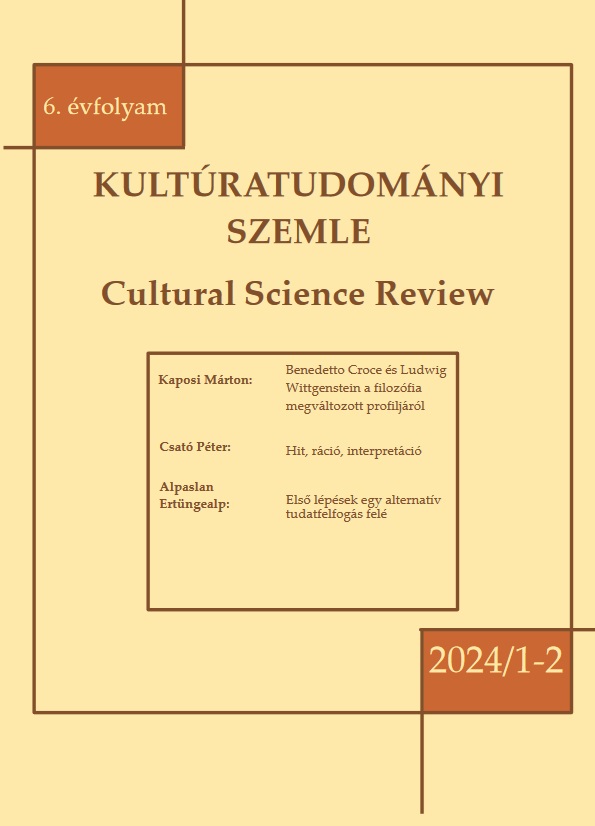A kognitív metaforaelmélet alkalmazása az írói szótárak készítésében
DOI:
https://doi.org/10.15170/KSZ.2024.06.01-02.06%20Absztrakt
Using the cognitive metaphor theory in composing dictionaries of writers
The hypothesis of the research was that cognitive linguistics, including cognitive metaphor theory, can be used as a new composing method of writers' dictionaries. The result of the thesis was a love dictionary constructed of the book, Szabadulogyakorlat written by Anna Szabo T. The theoretical background of the thesis was provided by an
overview of previous dictionary-making procedures which were supplemented as a new dictionary-making method by cognitive linguistics, with particular attention to the study of cognitive metaphor theory. Due to the cognitive approach, it became
essential to review women's literature as a conceptual category, as well as to present the nature of linguistic aggression, lyrical and/or prose language appearing in the volume. In order to create the most valid structure of the love dictionary, it was
necessary to deal in detail with Anna Szabo T.'s writing style, that is, to explore the relationship between her prose and lyrical voice. During the research, it was proven that the cognitive metaphor theory is a productive dictionary-making method,
because after selecting the 2 megametaphors and the 22 metaphors divided into 9 groups within them, a total of 110 linguistic mappings were found and 119 examples were collected for them.

